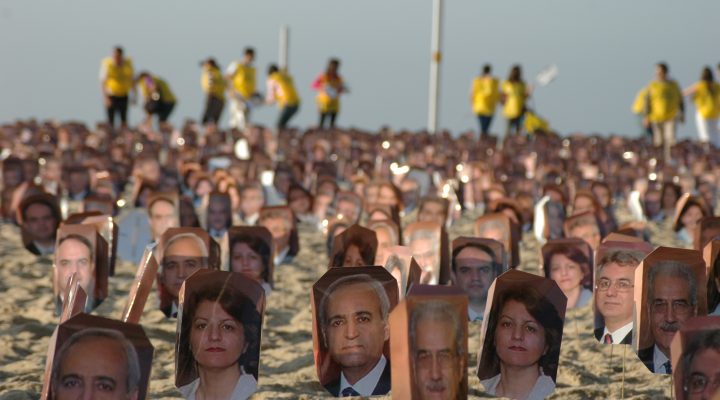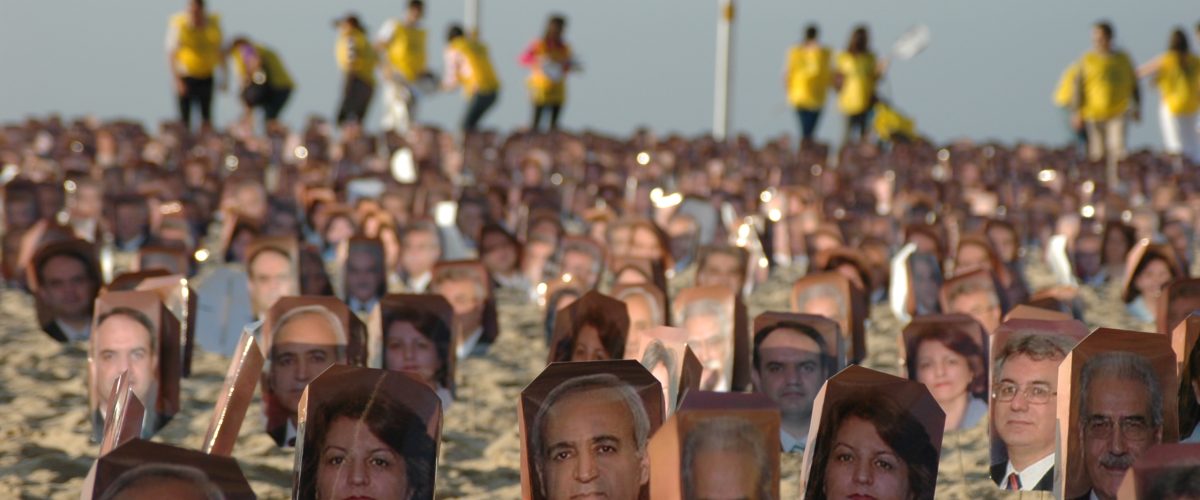Religious repression remains widespread in Iran, according to a new report released by the U.S. Commission on International Religious Freedom.
Minority faiths — even including some Muslim sects — and women are most vulnerable to persecution in the predominantly Islamic country, the latest USCIRF Iran country update noted.
“Iran continues its egregious violations of religious freedom in 2022,” the report said. “The state regularly persecutes religious minorities, especially those not officially recognized under Iran’s constitution.”
It cited Baha’is, Christian converts, Zoroastrians, Mandeans, Yarsanis, Sunnis and Gonabadi Sufis as targets of persecution. Sunnis and Sufis are Islamic sects, but in Iran, the Shia sect dominates.
“The Iranian government continues its widescale arrests of Baha’is, and despite a Supreme Court decision to the contrary, courts in Iran continue to convict Christians on national security charges for membership in house churches,” USCIRF reported.
Iranian women particularly have had their religious freedom violated, the country update said. USCIRF cited “a recent crackdown on women not observing mandatory religious head covering laws.” It also pointed to “lenient punishments rooted in religion for the perpetrators of so-called ‘honor killings,’” in which women are murdered by members of their own families for behavior deemed disgraceful by some Muslims in the country.
Other current Countries of Particular Concern are Burma, People’s Republic of China, Eritrea, the Democratic People’s Republic of Korea, Pakistan, Russia, Saudi Arabia, Tajikistan and Turkmenistan.
Because of the “religious grounding” of its laws, Iran is one of the few countries that executes gay men and outlaws sexual contact between women, USCIRF said.
Last November, the U.S. State Department named Iran as one of 10 Countries of Particular Concern, where governments engage in or tolerate “particularly severe violations of religious freedom” that are systemic, ongoing and egregious.
These violations may include torture, prolonged detention without charges, forced disappearance, and “other flagrant denial of life, liberty or security of persons.”
Other current Countries of Particular Concern are Burma, People’s Republic of China, Eritrea, the Democratic People’s Republic of Korea, Pakistan, Russia, Saudi Arabia, Tajikistan and Turkmenistan.
In its 2022 Annual Report, USCIRF has recommended Iran continue to be designated as a Country of Particular Concern.
USCIRF is an independent, bipartisan federal organization established by Congress to monitor, analyze and report on religious freedom abroad. The commission makes foreign policy decisions to the president, secretary of state and Congress. The goal of those recommendations is to “promote freedom of religion and belief,” according to the commission’s website.


